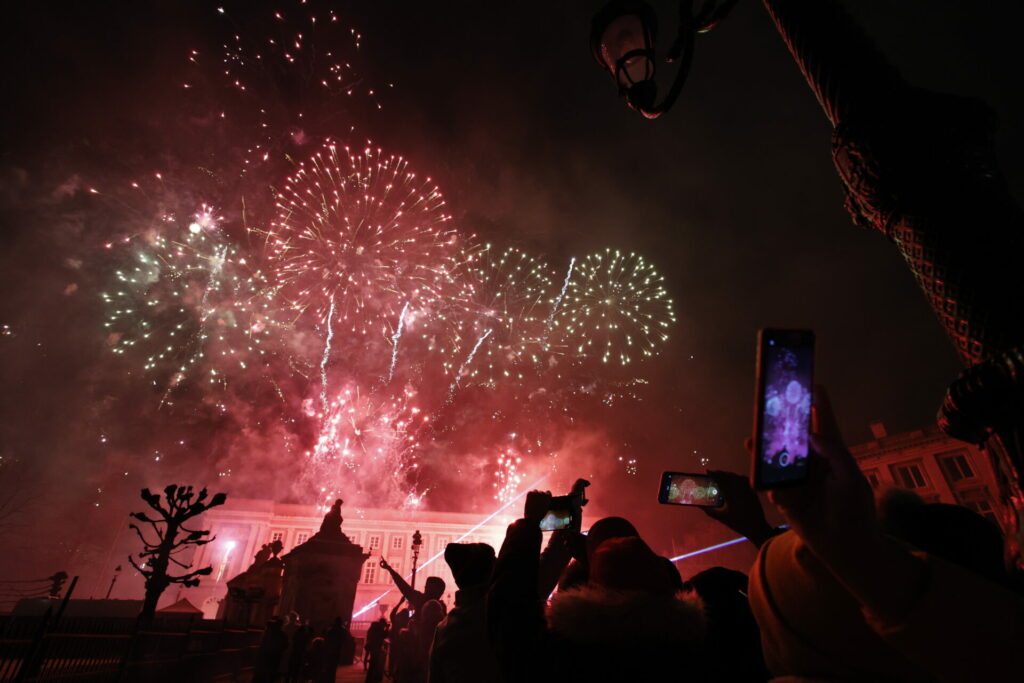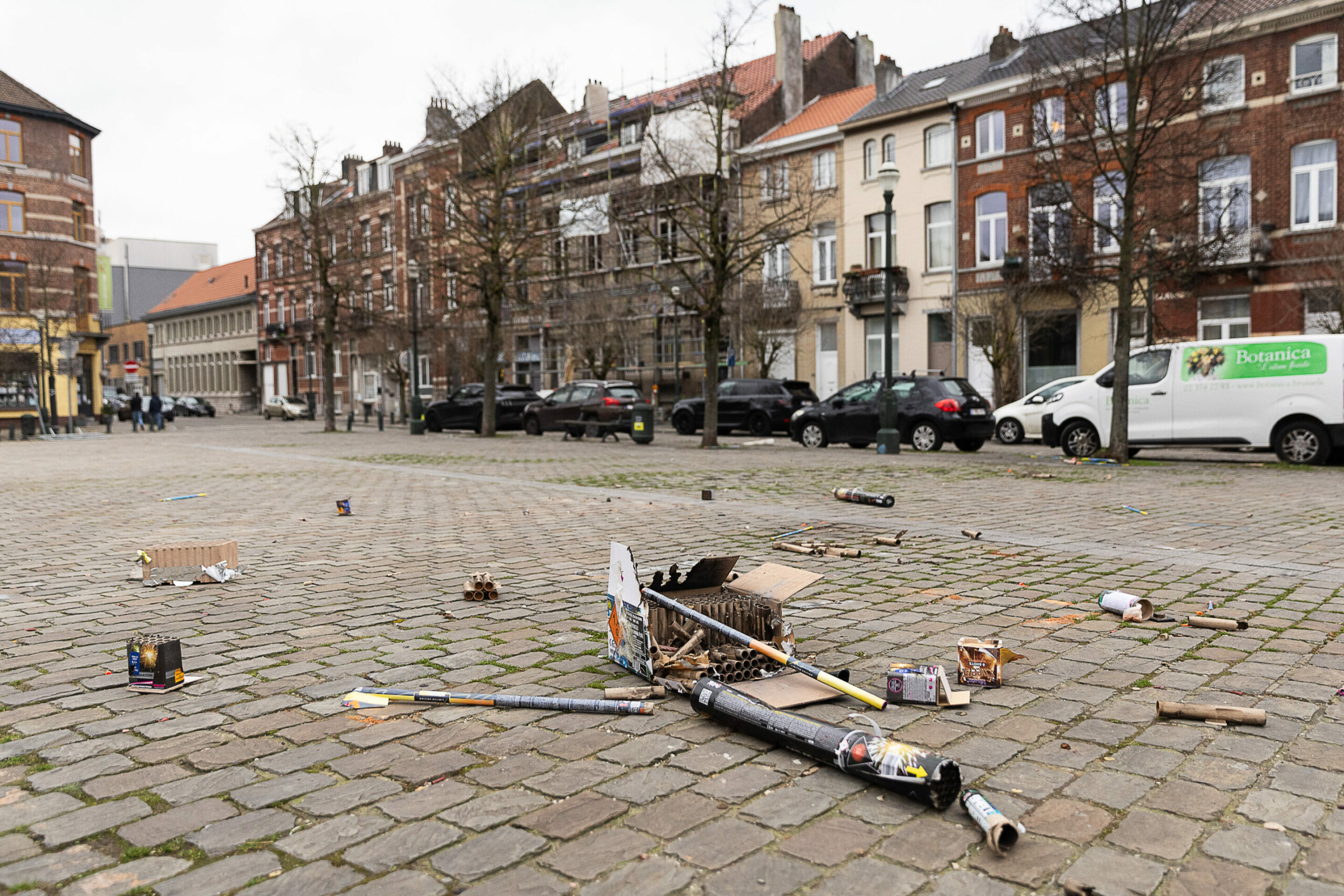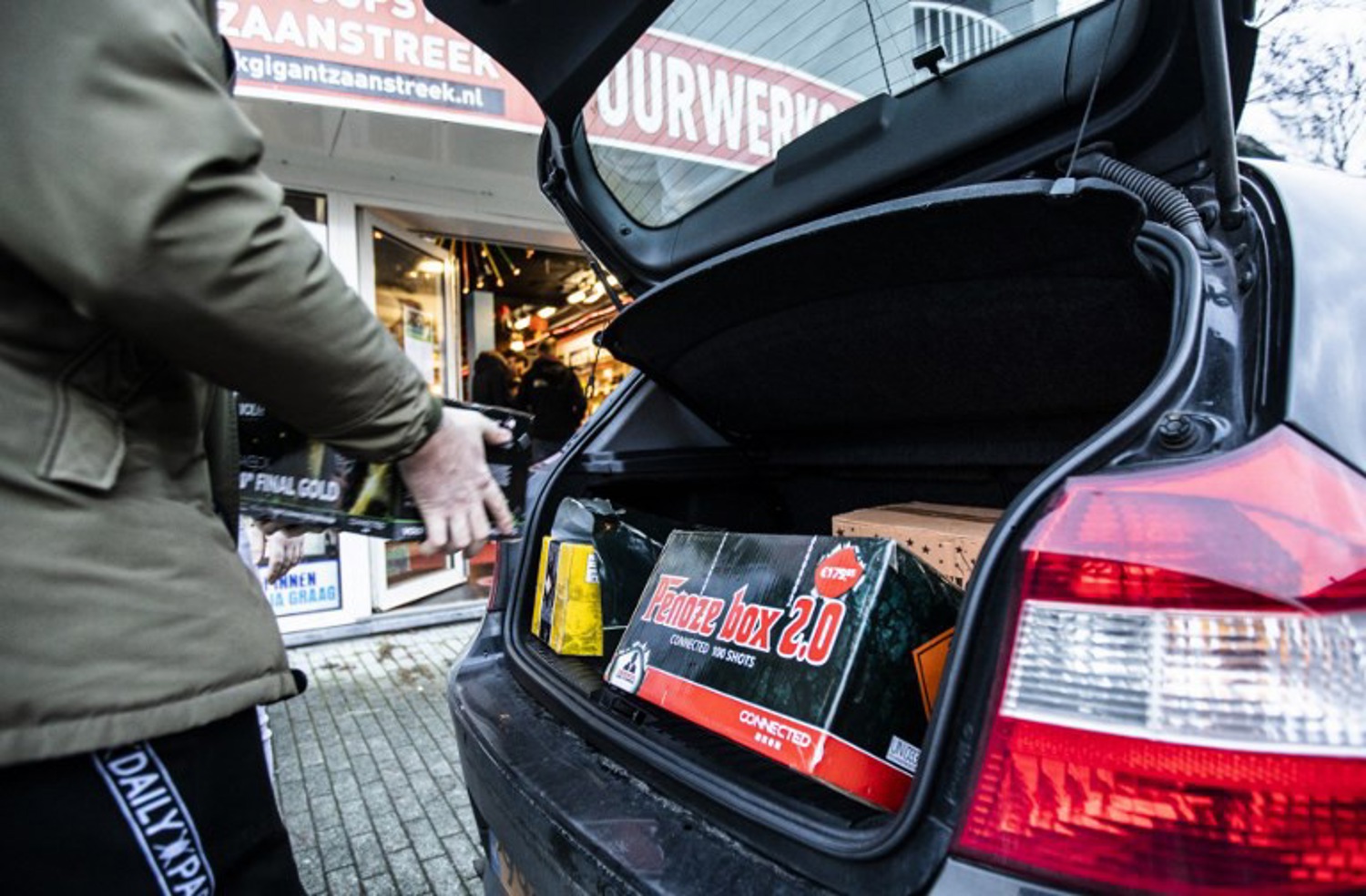Concerns over safety and animal health are driving a push for an EU-wide fireworks ban;
✔ The EU's pyrotechnics rules from 2007 are deemed outdated and insufficient
✔ There has been a surge in fireworks-related injuries and even a death abroad
✔ Animal rights groups and local organisations are strongly advocating a ban
Growing calls for EU-wide fireworks ban: How likely is it?

Recent attacks on emergency services, a wave of injuries and animal health concerns have prompted fresh calls for a ban on fireworks. An EU-wide ban may be the only solution – and it is not completely off the table.
Brussels was shaken by unrest on New Year's Eve, much of which was caused by fireworks despite a region-wide ban. However, as in previous years, this local ban proved ineffective, to the detriment of emergency services.
"The risk involved for emergency services is dramatically increasing every year," union secretary at ACV Police, Joery Dehaes, told The Brussels Times.
Police officers told unions they didn't know how to respond to such violence, and firefighters were scared. "And these are people who are used to being in danger." Some firefighters in Brussels now refuse to respond to a call without an additional police patrol. "That can't be normal, can it?"
Clear solution
The EU pyrotechnics legislation establishes rules to ensure fireworks can circulate freely in the single market while protecting health and safety. However, these rules date back to 2007. The European Commission launched an evaluation to identify shortcomings and found that the Directive in part missed the mark.
"More than half of respondents indicated that the presence of unsafe pyrotechnics on the market, as well as the safety and accessibility of the public to bigger and more powerful pyrotechnics, should be further addressed in the future," European Commission spokesperson Lea Zuber told The Brussels Times. Rules on illicit use and (illegal) online sales are also missing.
For Dehaes, there is an obvious solution: a ban on the private sale of fireworks. The union is not dead set against fireworks per se, but says "only official organisers should plan fireworks shows."
Dozens of animal rights organisations and the Association of Flemish Cities and Municipalities (VVSG) have also requested a ban.
One popular explosive device used by the public is Cobra. It is illegal for consumers to possess or set off Cobras, but they are widely available in many countries. "These are not just tiny explosives; they can cause serious damage. Some tie them together, making them even more dangerous," said Dehaes.

Fireworks residue pictured after New Year's Eve celebrations in Forest. Credit: Belga / James Arthur Gekiere
Belgians are also sustaining more injuries due to fireworks. "During the New Year period, there is a huge increase in accidents, meaning emergency departments are overwhelmed."
This trend is seen in neighbouring countries. In the Netherlands, a 14-year-old boy died on New Year's Eve while shooting off fireworks restricted to professional use. Five people were killed and dozens injured in Germany in a spate of incidents involving fireworks. "It is incomprehensible that this is still tolerated," said Dehaes.
Based on EU law, Member States can ban or restrict fireworks "if justified on the grounds mentioned in the Directive," Zuber said. This excludes fireworks of categories F1 and F4 (very small fireworks suitable for the general public).
Large-scale ban
However, in practice, these national bans or restrictions on physical and online sale are circumvented. "People in Belgium could merely drive an hour, cross the border and buy fireworks in Germany," said Dehaes. He stressed that a ban should therefore be implemented on as large a scale as possible.
The Commission is looking into this issue as part of the review and "will consider the matter in any potential follow-up action."

Customers pick up their orders at a fireworks store in Krommenie, Netherlands. Credit: Belga / Eva Plevier / AFP
Zuber confirmed that some Member States have called on the Commission to not only ban the production of some professional fireworks but also the sale of other fireworks, including consumer fireworks.
As part of the ongoing evaluation, an EU-wide ban on certain fireworks could be one of the assessed options for legislative changes. "Such EU-wide bans would require an amendment of the Directive," Zuber said. "In that case, we would investigate the costs and benefits of various options."
The industry has stressed that any ban on legal fireworks would be pointless. "Anyone who examines the incidents from the most recent New Year’s Eve with common sense can only conclude that it did not involve legal category F2 fireworks," Nicolas Chandler, in charge of Marketing and Development at NICO Europe (one of Germany's leading pyrotechnics suppliers), told The Brussels Times.
"In other words: How would banning legal fireworks help to prevent already banned, illegal fireworks or the improper use of fireworks? It simply cannot work." He argued that this could even result in the black market for illegal products growing even further if legal products are banned.
Related News
- Powerful fireworks caused more face and finger injuries this year
- Firefighters attacked in Brussels on New Year's Eve
Giving police more power to respond is also on the table in Belgium. Theo Francken (N-VA), a prominent politician in the government negotiations, argued that police should be able to shoot such troublemakers with paint bullets.
"I think there is something to be said for that, as long as there is a legal framework," Dehaes noted. "Because sooner or later, more serious incidents are going to happen in Belgium, too."
